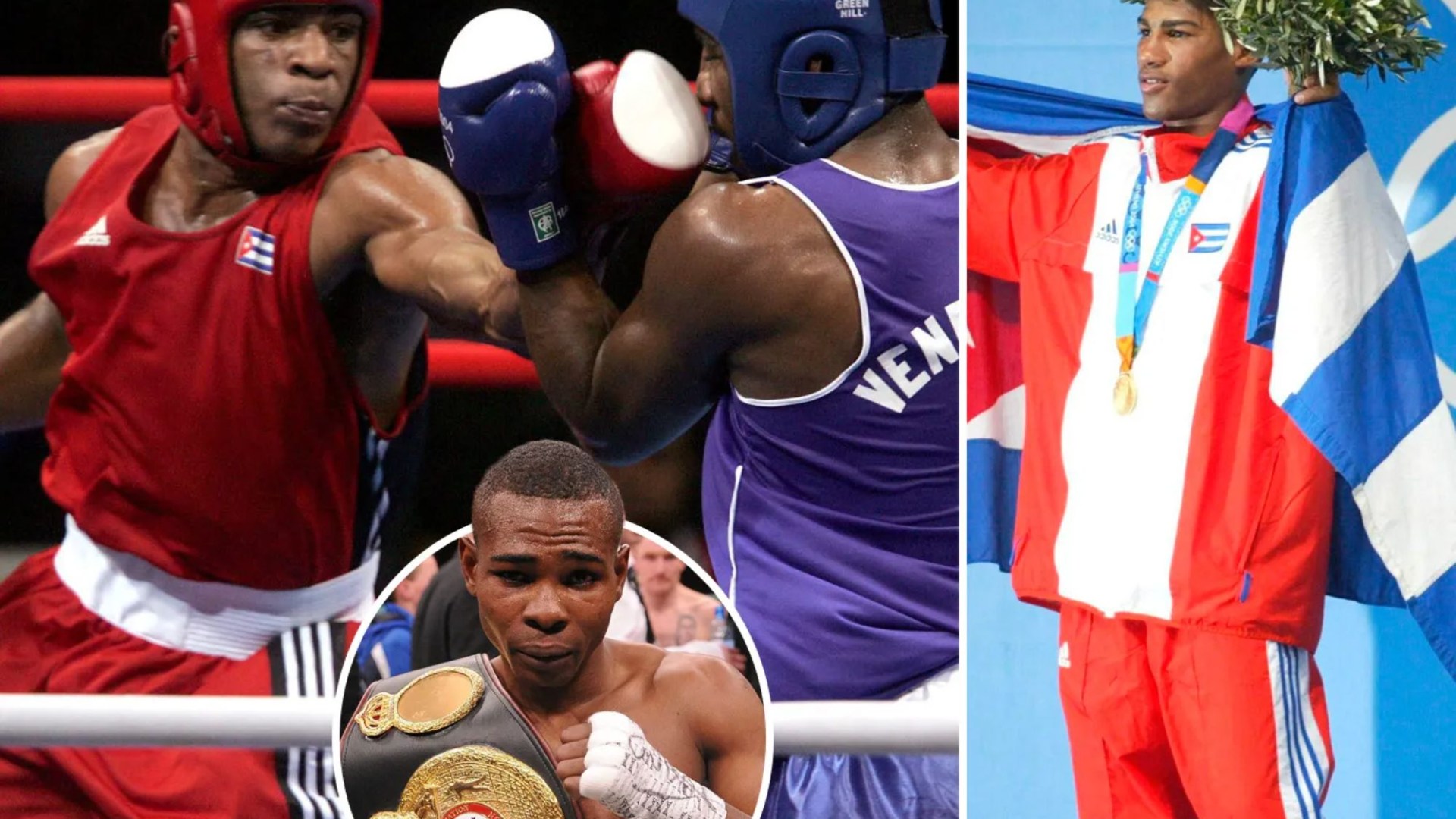Cuba has long been a powerhouse in amateur boxing, producing countless Olympic champions. But for six decades, their fighters were prohibited from turning professional, a policy rooted in the late Fidel Castro's belief that professional boxing was corrupt.
This ban forced many talented boxers to make a difficult choice: fight for their country or pursue their professional dreams. Some chose to stay loyal, like heavyweight legend Felix Savon, a three-time Olympic gold medalist who famously turned down a multi-million dollar offer from Don King to fight Mike Tyson, famously stating, "Why would I box for a $1m when I can fight for 10 million Cuban people?"
However, the allure of professional glory and financial rewards proved too strong for others. In the aftermath of the 2004 Athens Olympics, several Cuban champions, including Odlanier Solis, Yuriorkis Gamboa, and Yan Barthelemy, risked everything to escape Cuba. They even sold their Olympic medals for a pittance to buy food for their families.
Their daring escape, which involved a journey from Venezuela to Colombia and eventually Germany, inspired other Cuban boxers, including future world champions Guillermo Rigondeaux and Erislandy Lara, to attempt their own defections. Their first attempt in 2007, however, was foiled when they were caught disguised as women in a Brazilian brothel while trying to flee the Pan American Games in Rio de Janeiro. Despite being banned from ever representing Cuba again, Rigondeaux and Lara continued to pursue their dreams, successfully defecting to America in 2009.
The exodus of Cuban boxing stars took its toll on the nation's amateur performance. In 2008, for the first time since 1988, Cuba left the Olympics without a single boxing gold medal. However, they bounced back in London four years later, winning two gold medals and two bronze medals.
Despite the continued temptation of the professional ranks, Cuba managed to hold onto their top boxers for the 2020 Tokyo Olympics, which were delayed due to the COVID-19 pandemic. In Tokyo, they dominated the medal charts, securing four gold medals and one bronze.
A significant change occurred in 2022, when Cuba finally lifted their 60-year ban on professional boxing, allowing fighters to pursue their professional aspirations. This decision sparked debate among Cuban boxers, with some choosing to split their commitments between the amateur and professional codes, following a controversial 2016 rule change that allowed boxers with professional records to compete in the Olympic Games.
Of the most recent group of Cuban Olympic medalists, only Andy Cruz, an undefeated professional with three wins, chose to focus solely on the professional ranks. Meanwhile, heavy-weight Julio Cesar La Cruz, who was knocked out in the Round of 16 in Paris, and middle-weight Arlen Lopez, who reached the quarter-finals, returned to the amateur circuit.
This decision, while surprising, reveals that despite the financial allure of professional boxing, many Cuban boxers remain committed to the amateur code, seeking glory and representing their country on the international stage.
Article
Sports

Cuba's Boxing Kings: From Forbidden Pro Fights to Olympic Dominance

